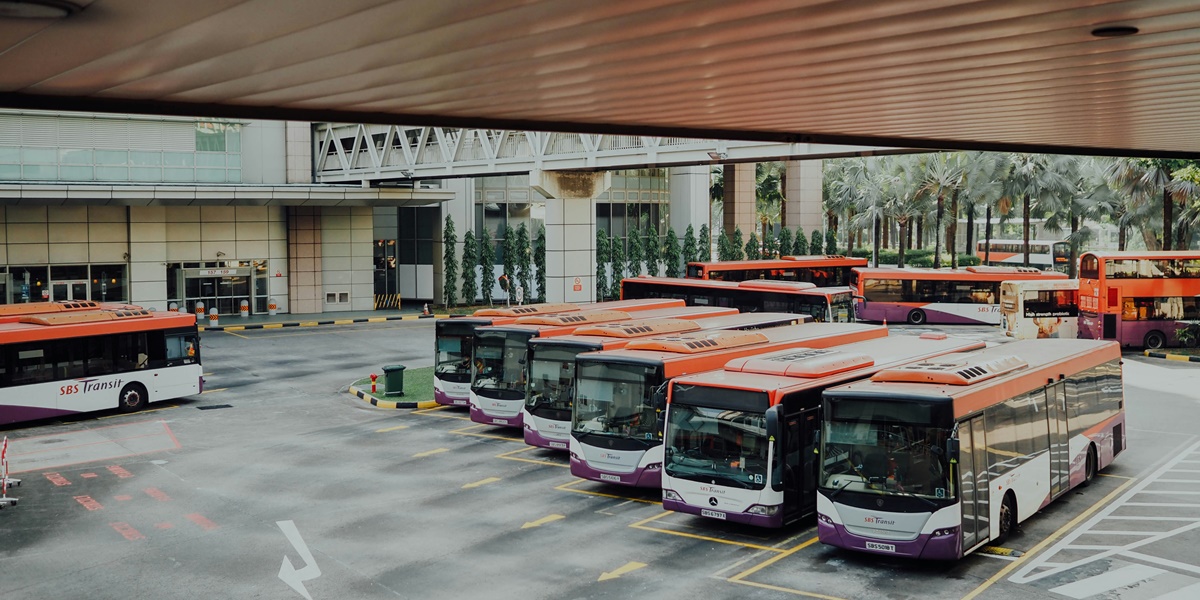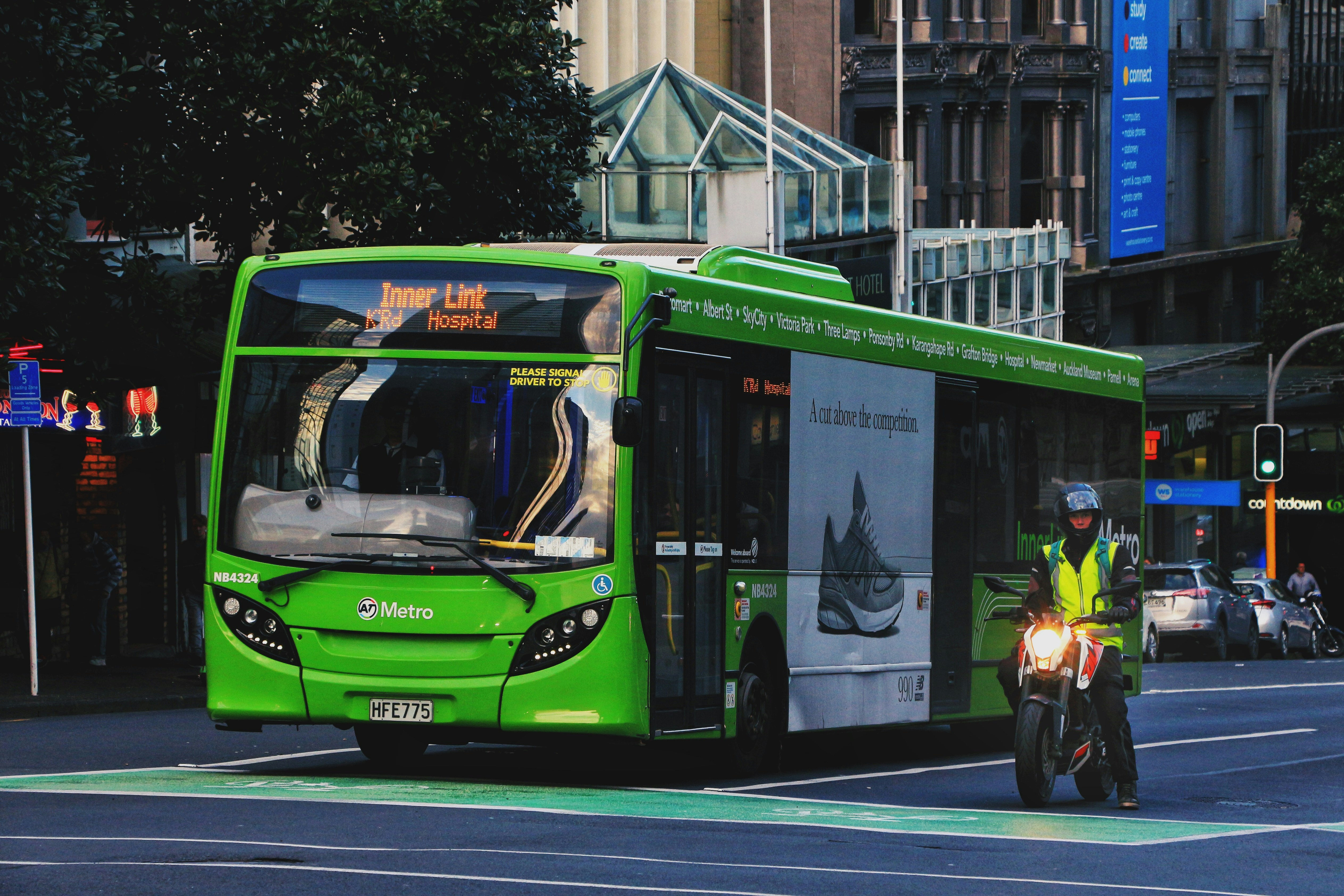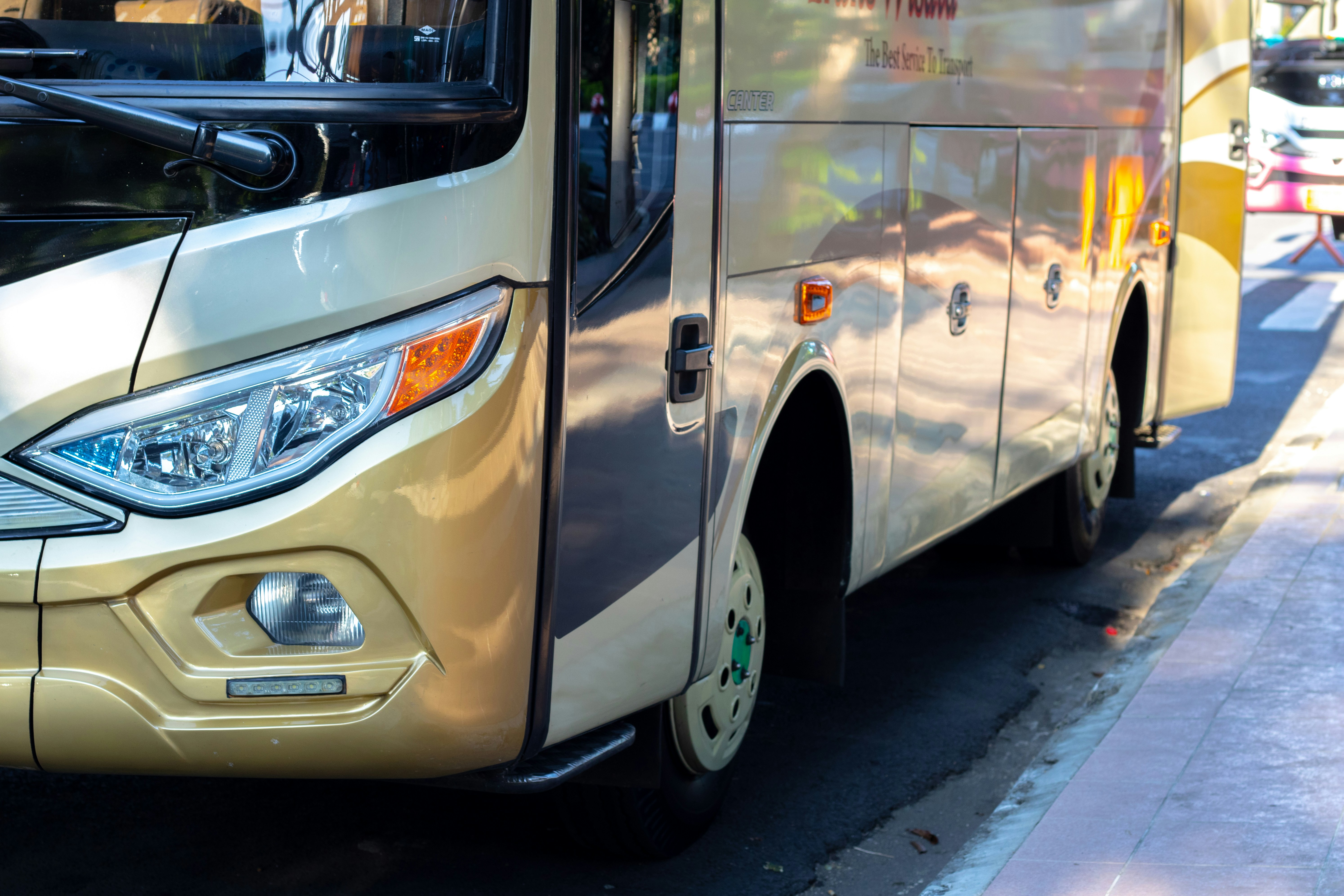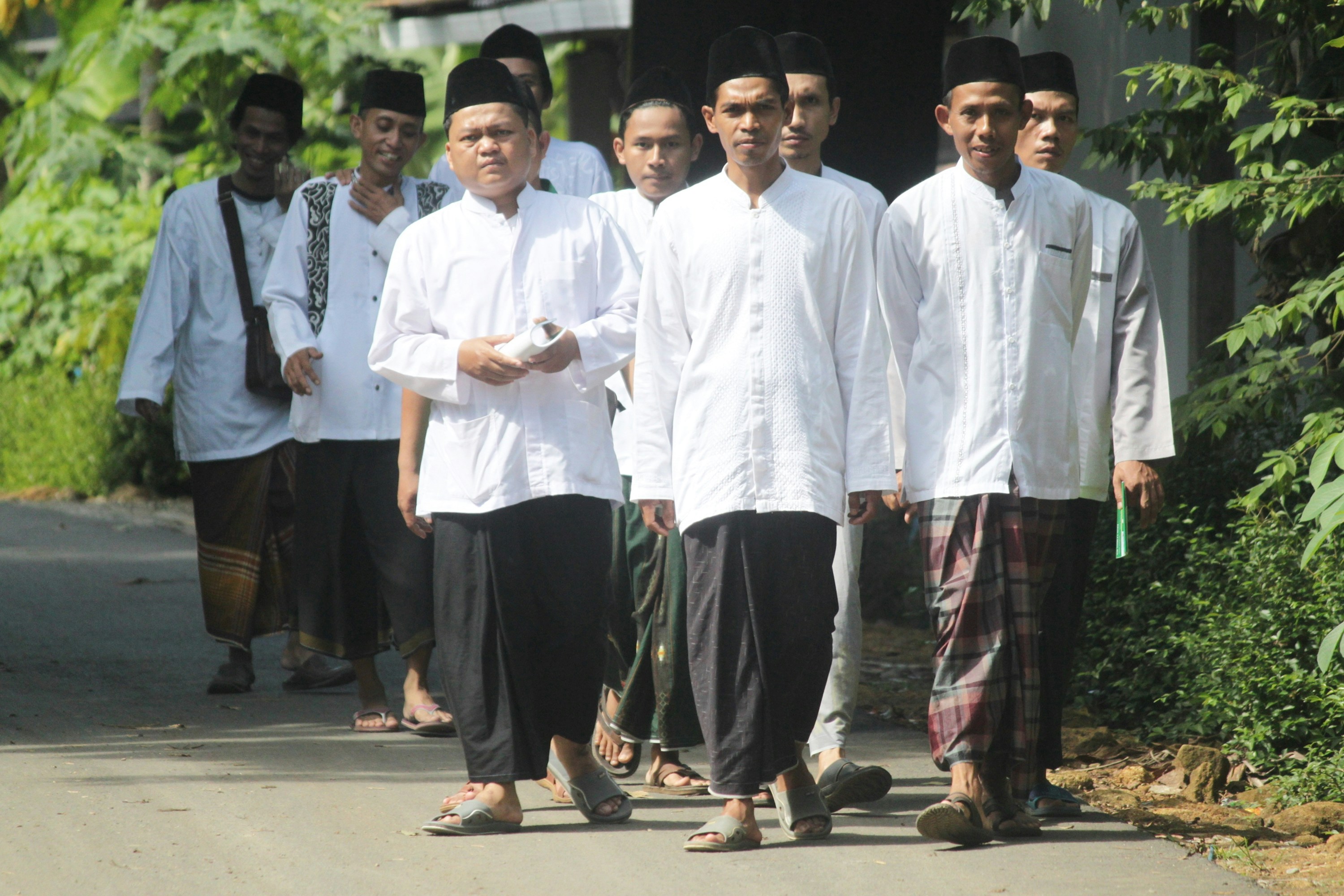7 Underrated Romantic Comedy Korean Dramas in 2023, Despite Having a Good Story
The year 2023 has passed, there may be some dramas that were missed by many viewers, such as the following underrated romantic comedy Korean dramas in 2023.

Kapanlagi.com - Eid al-Fitr or Lebaran is just around the corner. In Indonesia, Lebaran is celebrated with joy. Various unique traditions are carried out by the people during Lebaran, one of the most common and widely practiced is mudik, which refers to the journey back to the hometown or place of origin, especially during the approaching of Lebaran or Eid al-Fitr.
People perform mudik during Lebaran in order to gather with family and relatives on the festive day. Mudik has become an annual tradition deeply rooted in Indonesian society. Therefore, mudik during Lebaran is no longer a popular culture. In fact, mudik has a long history in the past that not many people know about.
Curious about the history of mudik during Lebaran in Indonesia? To find out, just read the following review:

Definition of Mudik (credit: unsplash)
The term "mudik" has officially been included in the Kamus Besar Bahasa Indonesia (Indonesian Dictionary). In KBBI, it turns out to mean 'returning to the hinterland (upstream of a river)' and 'going back to the hometown'.
The origin of the word 'mudik' is believed to come from the Malay word 'udik' which means 'upstream of a river'. The use of the word 'udik' in the past referred to the habit of Malay people who lived in the upstream area of a river. In those days, they often traveled downstream by boat. After completing their activities there, they returned to the upstream area in the evening. That is where the word 'mudik' is believed to originate from.
However, there is also a belief that the origin of the term 'mudik' actually comes from the Javanese language, which is 'mulih dilik'. In Javanese, the phrase 'mulih dilik' can be interpreted as 'returning temporarily'. In addition, there is also another view that states that the word 'mudik' comes from the Betawi language, which is 'heading towards the hinterland (village)'.

History of Mudik Lebaran in Indonesia (credit: unsplash)
Mudik Lebaran in Indonesia has become a tradition. That is when many migrants return to their hometowns to celebrate the holiday with their families. According to merdeka.com, the tradition of mudik in Indonesia is believed to have existed since the Majapahit era. However, at that time, mudik was not done with the purpose of celebrating the holiday with family.
During that time, people who worked as farmers in fields far from home would return to their hometowns. This was done at certain times, especially to perform ancestral grave cleaning ceremonies.
According to data from the Ministry of Transportation of the Republic of Indonesia, the term "mudik" was first used in the 1970s to describe the tradition of mass homecoming. At that time, many migrants from Jakarta working in various sectors returned to their hometowns simultaneously and massively. That's when the term "mudik" emerged to describe the tradition of returning home before Lebaran.
With the development of time, the tradition of mudik in Indonesia has grown larger and more organized, especially with advancements in transportation. Currently, mudik has become a major social phenomenon, where millions of people travel far to gather with their families and relatives in their hometown, creating precious moments that are an integral part of Indonesian cultural heritage.

The Wisdom of Mudik Lebaran (credit: unsplash)
Mudik Lebaran is not just a traveling activity to the hometown. From an Islamic perspective, mudik Lebaran also brings several benefits. Here are some benefits of mudik Lebaran:
1. Strengthening Ukhuwah Islamiyah
Mudik Lebaran is also an opportunity to strengthen Ukhuwah Islamiyah or the brotherhood of Muslims. Muslims from various regions gather in their hometown with the same purpose, which is to celebrate the holiday together. This strengthens the bond of brotherhood and solidarity among fellow Muslims.
2. Showing Devotion to Parents
Mudik Lebaran is also a form of devotion from a child to their parents. Muslims are encouraged to visit and respect their parents and provide them with attention and assistance. Mudik Lebaran becomes a moment to fulfill this obligation by taking the time to be with family in their hometown.
3. Increasing Gratitude
Mudik Lebaran also teaches Muslims to be grateful for all the blessings bestowed upon them by Allah. By gathering with family in their hometown, Muslims are taught to appreciate and be grateful for the grace and blessings that have been given in their lives.
Those are some of the reviews related to the history of the tradition of mudik in Indonesia. Hopefully, it can answer curiosity, increase knowledge, and strengthen faith as a Muslim. Amen.
(kpl/psp)
Cobain For You Page (FYP) Yang kamu suka ada di sini,
lihat isinya
The year 2023 has passed, there may be some dramas that were missed by many viewers, such as the following underrated romantic comedy Korean dramas in 2023.
Ra Mi-Ran is also an actress who is always suitable for playing all characters. From comedy to drama genre, all of Ra Mi-Ran's films feel interesting when followed.
Interested in watching the latest Korean thriller films in 2023? If so, let's take a look at some recommendations and brief reviews below:
There are many recommendations for anime spring season that you can watch. For example, here are some of the most anticipated anime for Spring 2024 by Japanese fans.
For those of you who want to watch the film BACKTRACE, here is the complete synopsis of the film BACKTRACE along with the list of cast members and explanations of their characters.
Anime often reflects stories from everyday life, such as the following anime about fathers.
Throughout the first half of 2024, there are several outstanding Korean dramas with high ratings. Here are the recommendations for K-Lovers.
These dramas not only entertain, but also provide deep moral messages about the importance of family in someone's life. Here are some interesting and meaningful Thai dramas about family:
Interested in watching Chinese dramas about ugly women becoming beautiful? If so, let's take a look at some recommendations and brief reviews below.
Interested in watching Japanese dramas about young marriage? If so, let's take a look at the following review:
So, how do you recite prayers when traveling by land, sea, and air? To find out, read the following review:
Here are some prayers of Prophet Moses AS that can be read by a Muslim to obtain honor and blessings: